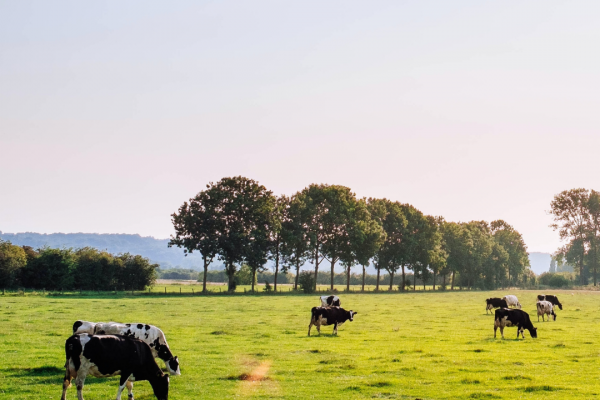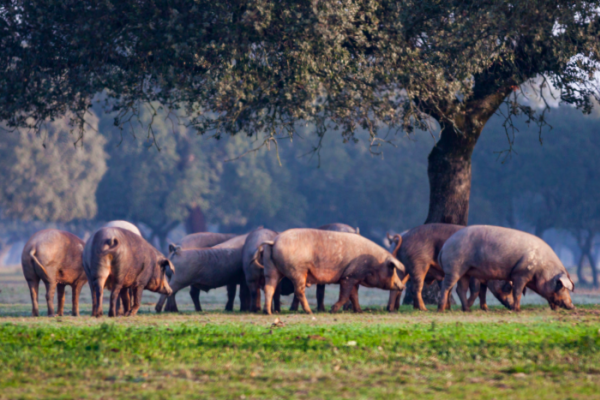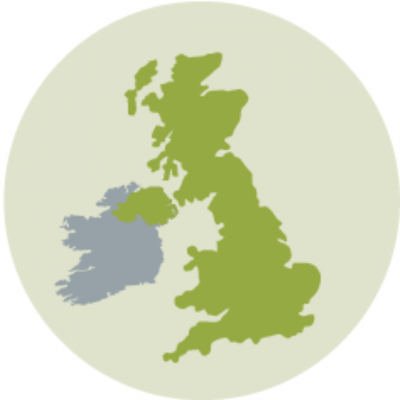Retailer sourcing policies define the standards for meat and dairy production in the mainstream food supply. Due to their volume of sales, retailers have the ability to mainstream ‘better’ meat and dairy both within and beyond their sector.
Retailers can influence demand for better livestock products and plant-based ingredients through buying practices, such as supplier requirements. Retailers can work with their suppliers to encourage more plant production, better meat and dairy. Where supply is not available or sufficient, new partnerships and collaborations with producers or manufacturers should be formed.
Better sourcing policies should:
- Require livestock products to come from animals that have eaten feed from sustainable sources, reduce the amount of cereal and soya fed to animals. Retailers should prioritise meat production from animals fed local feed, including from mixed farms.
- Invest in developing the supply chain for better meat and dairy. Take steps to source from a more diverse range of breeds.
- Commit to only source meat, dairy and eggs from producers and suppliers who:
- do not use antibiotics for preventative group treatments
- do not use antibiotics for routine disease prevention
- restrict the use of the ‘critically important antibiotics’ (modern cephalosporins and fluoroquinolones) and never use the last-resort antibiotic colistin. - Define minimum quality standards that deliver good animal welfare and sustainability benefits, that are above minimum UK legal standards.
- Put sustainability at the heart of all sourcing: focus on seasonal vegetables, and take steps to source nuts, fruits, cocoa and fish from sustainable sources.


